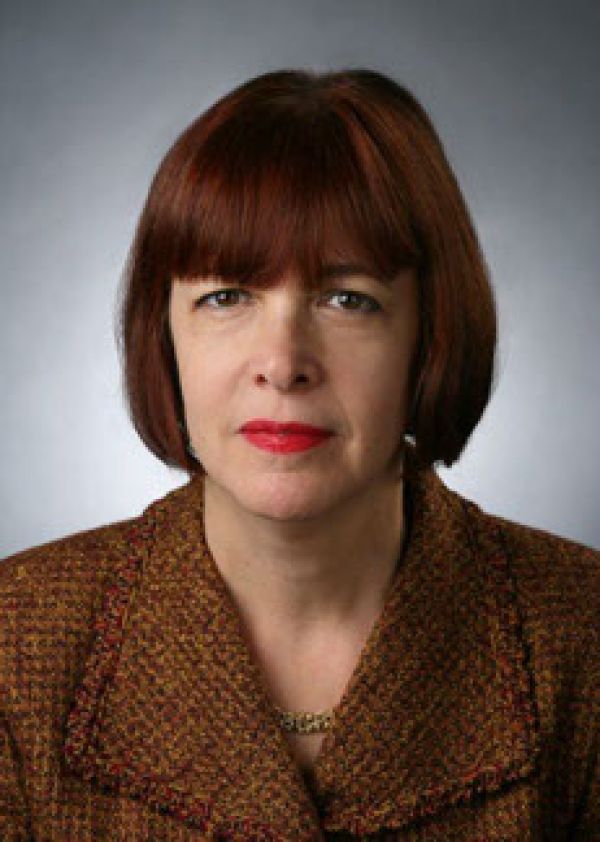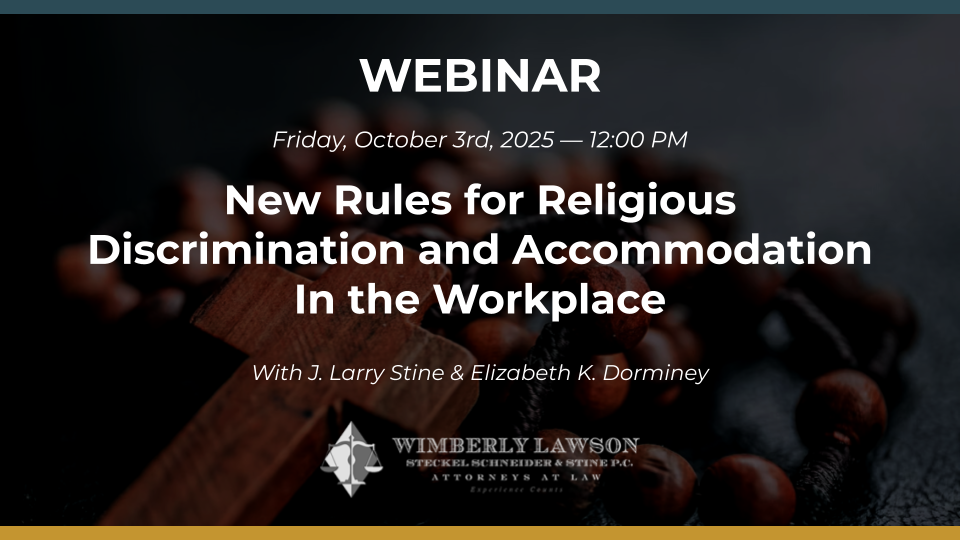Elizabeth K. Dorminey
Principal
Elizabeth (Betsy) Dorminey, a Principal in the Firm, advises and represents employers in all areas of labor and employment law, with an emphasis on wage & hour, Title VII, and workplace safety (OSHA). She has been successful defending employers in a number of collective actions under the Fair Labor Standards Act, and has won many hotly contested cases on summary judgment, avoiding time-consuming and expensive trials. For clients in construction and manufacturing, she has prevailed over the Solicitor of Labor in a number of OSHA cases. Betsy defends and advises large and small clients in many industries, including food processing, farming, manufacturing, and construction.
Speaking and Writing
Betsy teaches, speaks and writes on a variety of issues. She has appeared in radio debates on NPR, recorded commentary on Supreme Court decisions for SCOTUS cast, and testified before Congress on internet accessibility and the Americans with Disabilities Act.
She is the co-author, with Larry Stine and Mark Waschak, of Occupational Safety and Health Law: Compliance and Practice (Thomson/West 2008-2012).
Education
Betsy earned a JD from the University of Georgia, and an LL.M from Columbia. She was a Law Clerk to the Hon. Edward Carnes of the Court of Appeals for the 11th Circuit, and held several posts in the U.S. Departments of Justice and Commerce prior to entering private practice. She is admitted to the state bars of Georgia, New York and Connecticut, and to Federal Appeals and District Courts in Georgia, Alabama, Florida, North and South Carolina, Arkansas and Texas.
Elizabeth K. Dorminey's Latest Resources

New Rules for Religious Discrimination and Accommodation In the Workplace
The First Amendment of the U.S. Constitution states that “Congress shall make no law respecting an establishment of religion, or prohibiting the free exercise thereof. . .” Title VII of the Civil Rights Act of 1964 bans employment discrimination based on religion, along with other protected characteristics. This means that both the Federal government and private employers have long been required to provide reasonable accommodations for sincerely held religious beliefs unless they impose an undue hardship.



